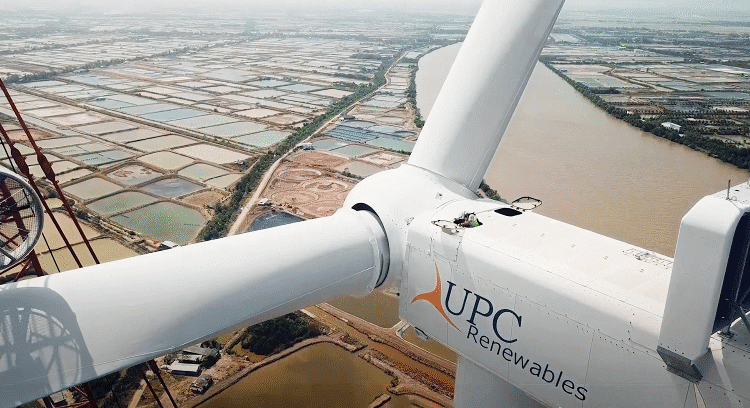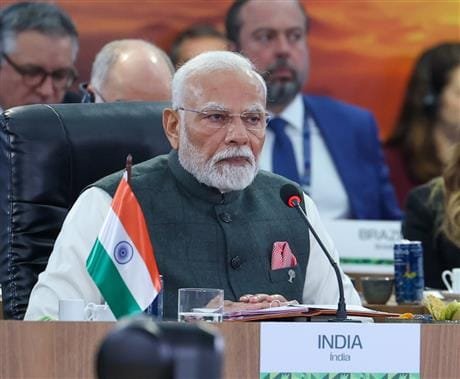NSIL and In-SPACe boosting innovation-opportunities
India’s Space economy is expected to increase fivefold from US$8 billion to US$44 billion in next few years, Minister of State in charge of Department of Space Dr Jitendra Singh said at a “Business Conclave & Awards 2025” in New Delhi on 25 Feb.
The Minister highlighted the remarkable progress achieved by the Indian space sector, citing the increased space budget as a key factor driving this success which has been allocated Rs.13,416 crore in 2025-2026 Budget, reflecting the government’s commitment to fostering growth in the space sector.
He highlighted the Government’s out-of-box decision to “unlock” India’s Space sector, marking a proactive shift in policies that have opened up the space sector for private sector participation, bringing in Foreign Direct Investment (FDI) https://www.investindia.gov.in/.
This strategic approach is creating synergy between the government and non-government sectors through frameworks such as the NewSpace India Limited (NSIL) and In-SPACe, boosting innovation and opportunities across the space industry. He added that first Generation space Startups have become successful enterprises, he informed delegates at the conclave organised by ET Now (ETNOW.IN).
Dr Jitendra Singh also spoke about the historic milestones of the Indian Space Research Organization (ISRO), such as becoming the first nation to successfully reach the South Pole of the Moon.
While ISRO’s journey began when other nations had already sent humans to the moon, Dr Jitendra Singh highlighted how India is now leading the way in space exploration with cost-effective and indigenous technologies http://nasa.gov.
Citing the Chandrayaan mission, which was executed at just Rs.600 crore, half the cost of similar missions by other countries, he emphasized India’s rise as a global leader in space, science and technology.
The Minister underscored the transformative impact of space technology on various sectors, and drew attention to the Swamitva Scheme which uses satellite mapping and drone technology for land record mapping, eliminating the reliance on revenue officials http://esa.int.
Dr Jitendra Singh also discussed ISRO’s role in improving communication and connectivity, reinforcing India’s self-reliance in space and satellite technology. ISRO has launched 433 foreign satellites and earned Euro292 million and US$172 million.
He highlighted India’s efforts to foster an inclusive space ecosystem, with women playing a central role in key space projects like Chandrayaan and Aditya L1.
He also spoke about India’s growing prominence on the global stage, citing recent developments such as the US’s invitation to send an Indian astronaut to the International Space Station and other future collaborations between India and international space agencies.
The Minister also pointed to the untapped potential in Himalayan, coastal and marine resources, which are expected to drive further economic growth and innovation in the coming years.
He emphasized how the space sector will play a key role in unlocking these resources for the benefit of the nation.
Dr Singh also discussed the growing StartUp ecosystem in India, with Jammu & Kashmir emerging as a role model in agri-tech startups https://www.startupindia.gov.in/.
The Minister affirmed that India is committed to leading the global space race with entirely indigenously developed technologies that are cost-effective, futuristic, and designed for sustainable growth.
He concluded his message to the conclave by reiterating that India’s space sector will not only follow the global path but will also carve out its own leadership role on the world stage, marking a new era in space exploration. Fiinews.com










